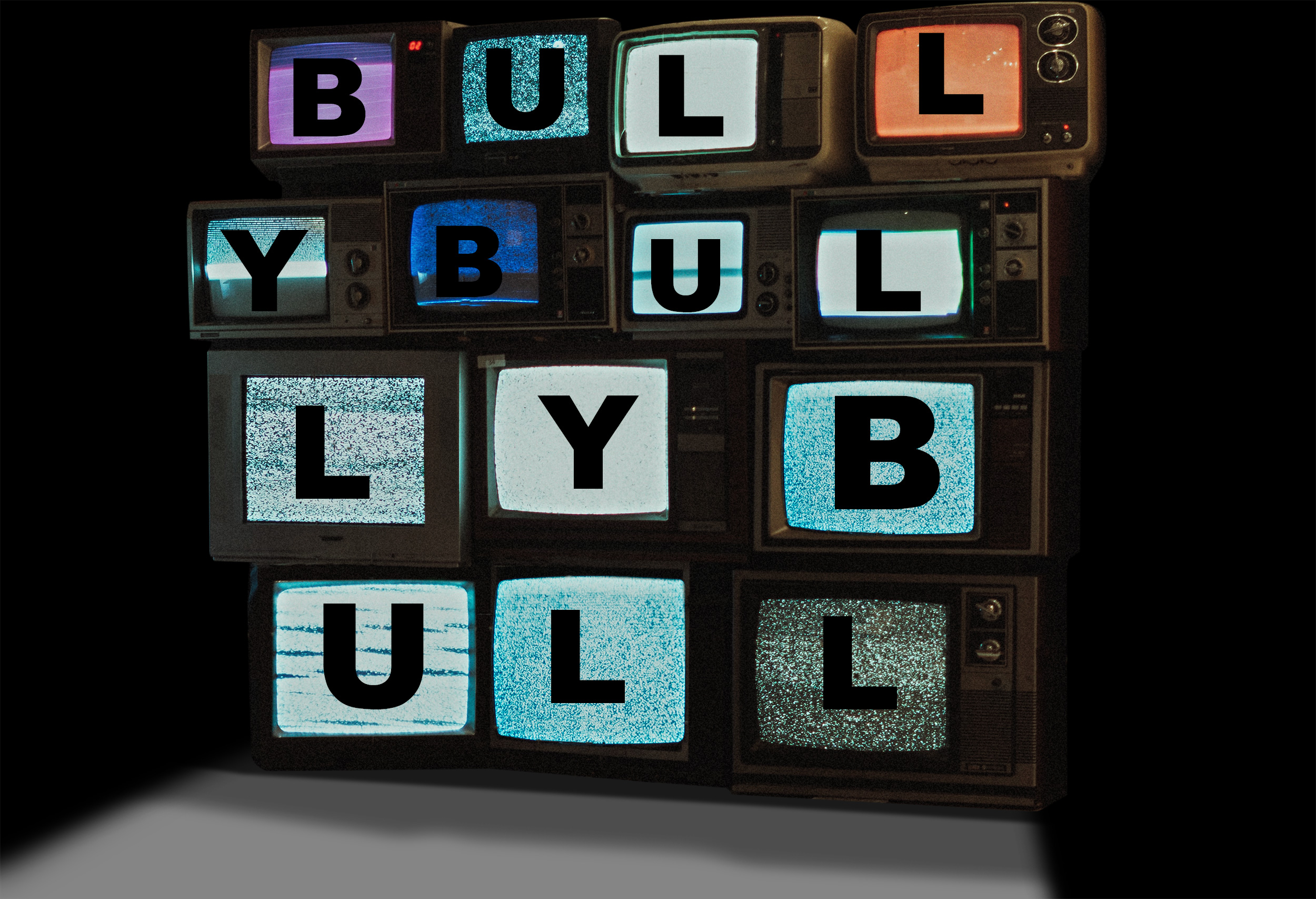Issue:
May 2023
Allegations that Shinzo Abe’s government unduly pressured the media have resurfaced with a vengeance

Among the bitterest controversies to erupt during the record-breaking tenure of Shinzo Abe were claims that his government leaned on the media for more favorable coverage.
The controversy peaked in 2016, when the then communications minister, Takaichi Sanae, threatened to close television stations that flouted rules on impartiality amid a furious political row about the near simultaneous departure of three liberal TV anchors from the airwaves.
Ichirō Furutachi of TVAsahi’s Hōdō Station, Shigetada Kishii of TBS, and Hiroko Kuniya, who had helmed NHK’s investigative program Close-up Gendai for two decades, were considered (at least in government circles) comparatively robust critics of Abe.
These claims of media arm-twisting have been reignited with the publication of internal documents from the telecommunications ministry, purporting to record attempts by top Abe aide, Yosuke Isozaki, to cajole ministry bureaucrats into changing their interpretation of the Broadcast Law in 2014-2015.
The law, passed in 1950, reflected America’s newly minted “fairness doctrine”, which demanded that broadcasters be politically impartial, or lose their right to broadcast. The scrapping of the U.S. doctrine in 1987 has since been blamed for opening up the partisan media wars that have poisoned American politics.
Isozaki reportedly bullied bureaucrats like a “loony yakuza thug”, according to one source, in his efforts to get them to agree that the law could be applied to a single “biased” TV program and not just (as had been interpreted for 64 years) on the totality of a broadcaster’s programming.
Isozaki was jolted into action in November 2014 after watching Kishii and other commentators on TBS’s current affairs show Sunday Morning criticize Abe ahead of a general election the following month. The entire segment was biased, Isozaki tweeted at the time, because it was not leavened by comments from a single Abe supporter.
In the same month, Abe’s Liberal Democratic Party (LDP) sent a letter to Hōdō Station demanding "fair and neutral programming” of the government and Abenomics, the economic creed that Abe launched after he took office for a second time in late 2012.
These interventions, carrying Abe’s implied imprimatur, threw bureaucrats into a panic as they tried to devise an interpretation of the law that would satisfy Isozaki
When Makiko Yamada, then the cabinet public relations secretary, proposed raising the issue with Abe’s chief cabinet secretary, Yoshihide Suga, Isozaki reportedly said: “This is something I and the prime minister will decide together.” He added: “If you dare make me lose face, you are going to pay. Your head will roll.”
This was the context in which Takaichi asserted that the government was legally entitled to order TV stations and networks to be shut down if they continued to broadcast “politically biased” programs, as stipulated under the Broadcast Law. “I don’t think I would resort to such measures myself. But there is no guarantee that future internal affairs ministers won’t,” she said.
Needless to say, the discussions that proceeded this all took place behind closed doors and without public oversight, despite their alarming implications. As the Asahi Shimbun points out, revising the Broadcast Law to suggest that individual programs might be suspect would be “extremely dangerous for democracy” because nervous producers would begin editing content to keep out of harm’s way – a recipe for more self-censorship.
Since the documents were first produced by opposition Upper House member Hiroyuki Konishi, Isozaki has declined to endorse their authenticity but admitted that he did lobby telecommunications bureaucrats in the way they suggest. Takaichi, who is now minister of economic security, has gone further, calling the documents “fabricated” and promising to quit if they are authenticated.
In any case, the battle lines had already been drawn long before Takaichi became a minister. A so-called liberal bias in the media had been an issue for the LDP since at least 1993, when the party was drummed out of office for the first time since 1955. TV Asahi’s director of news, Sadayoshi Tsubaki, sparked a major political row when he rashly boasted of his network’s power to swing public opinion against the government.
Abe and other LDP politicians had for years bemoaned bastions of "leftist” journalism, particularly in the Asahi Shimbun and on NHK, and blamed the press corps for contributing to the downfall of Abe’s grandfather, Nobusuke Kishi, in 1960, and the erosion of LDP power in the 1990s.
In recent years, the media has been taken to task for their supposed “anti-Japanese” tendencies: one of Abe’s earliest political rows was in 2001 when, as deputy chief cabinet secretary, he met with senior producers from NHK to discuss an upcoming documentary on Japan’s war crimes. The documentary was subsequently eviscerated.
https://apjjf.org/-Tessa-Morris-Suzuki/2305/article.html
It remains to be seen what happens next. By hitching her fate to the authenticity of the documents, Takaichi may have backed herself into a corner. Even some members of the LDP say the number of people willing to protect her is shrinking. If she goes, that will certainly weaken attempts by her government to bring the media to heel, but it won’t end it. The stakes seem far too high for that.
David McNeill is professor of communications and English at University of the Sacred Heart in Tokyo, and co-chair of the FCCJ’s Professional Activities Committee. He was previously a correspondent for the Independent, the Economist and the Chronicle of Higher Education.

